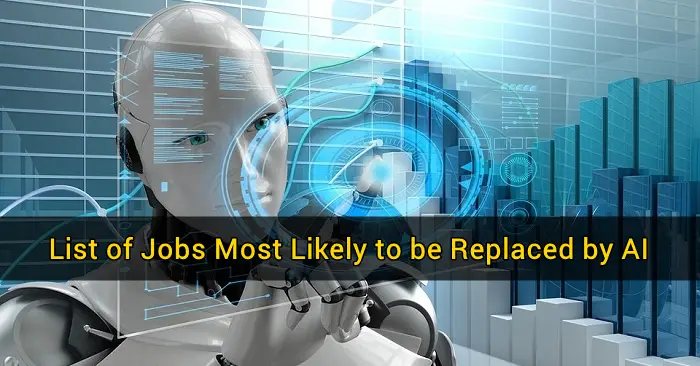Is your job at risk of being replaced by a robot? A global survey reveals that with more and more companies going hi-tech, some types of workers may lose their jobs to non-human counterparts.
Recently, the Organisation for Economic Cooperation and Development (OECD) released a report listing occupations that are most likely to be replaced by artificial intelligence (AI) or automated technology. Could your job or industry be on the list? Keep on reading to find out!
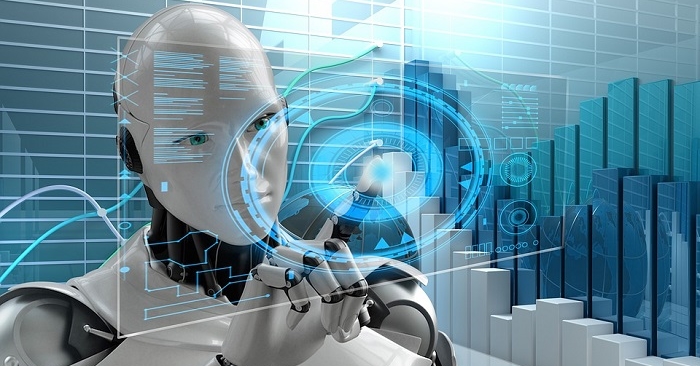
Jobs at Risk of Being Replaced by Robots
Based on information collected from more than 30 countries, OECD looked into the impact of automation on employment. The study identified jobs that are at risk of losing out to automatons. Interestingly, jobs that ranked the highest are actually those that earn the lowest salaries.
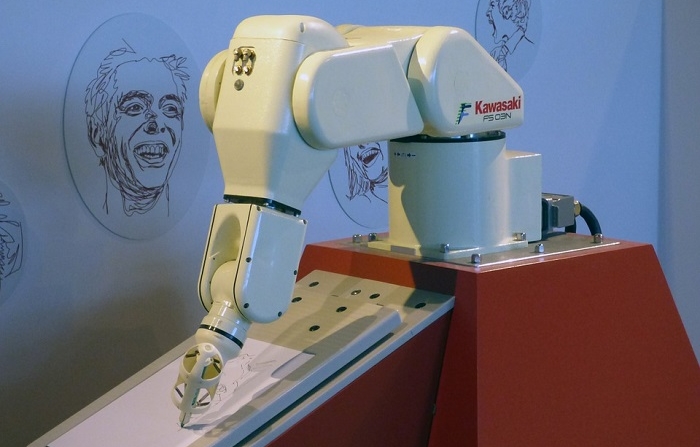
Ranked from highest to lowest risk, the jobs most likely to be replaced by AI are:
- Food Preparation Assistants
- Cleaners & Helpers
- Labourers in Mining, Construction, Manufacturing, & Transport
- Assemblers
- Drivers & Mobile Plant Operators
- Refuse Workers & Other Elementary Workers
- Agricultural, Forestry, & Fishery Labourers
- Stationary Plant & Machine Operators
- Food Processing, Wood Working, & Garment Workers
- Market-Oriented Skilled Forestry & Fishery Workers
- Market-Oriented Skilled Agricultural Workers
- Personal Service Workers
- Metal, Machinery & Related Trades Workers
- General & Keyboard Clerks
- Handicraft & Printing Workers
- Building & Related Trades Workers
- Sales Workers
- Electrical & Electronic Trades Workers
- Numerical & Material Recording Clerks
- Customer Services Clerks
- Other Clerical Support Workers
- Health Associate Professionals
- Information & Communications Technicians
- Protective Services Workers
- Business Administration Associate Professionals
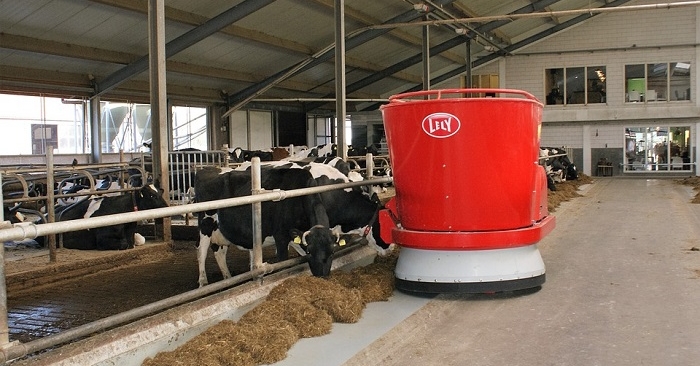
AI’s Impact on Job Industries
Meanwhile, in terms of industry, those that are most likely to be affected by automation are: courier & postal firms, factories, farms, food & beverage businesses, and transportation. Also included are businesses that provide services to buildings and other enterprises.
The OECD report echoes earlier research on the subject. A PwC study found that by 2030, one-third of jobs in the United Kingdom could be replaced by AI. Similarly, Oxford University found that 47 percent of jobs in the United States could soon be taken over by automated technology.
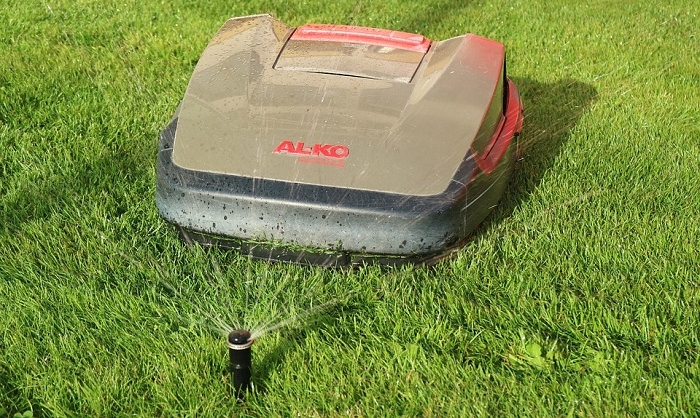
If your job is on the list, don’t worry! Analysts believe that AI may not necessary lead to higher unemployment rates. As technology plays a bigger role, we would simply need to upgrade our skills. It could also mean expanding our range, such as working part-time in the UAE.
